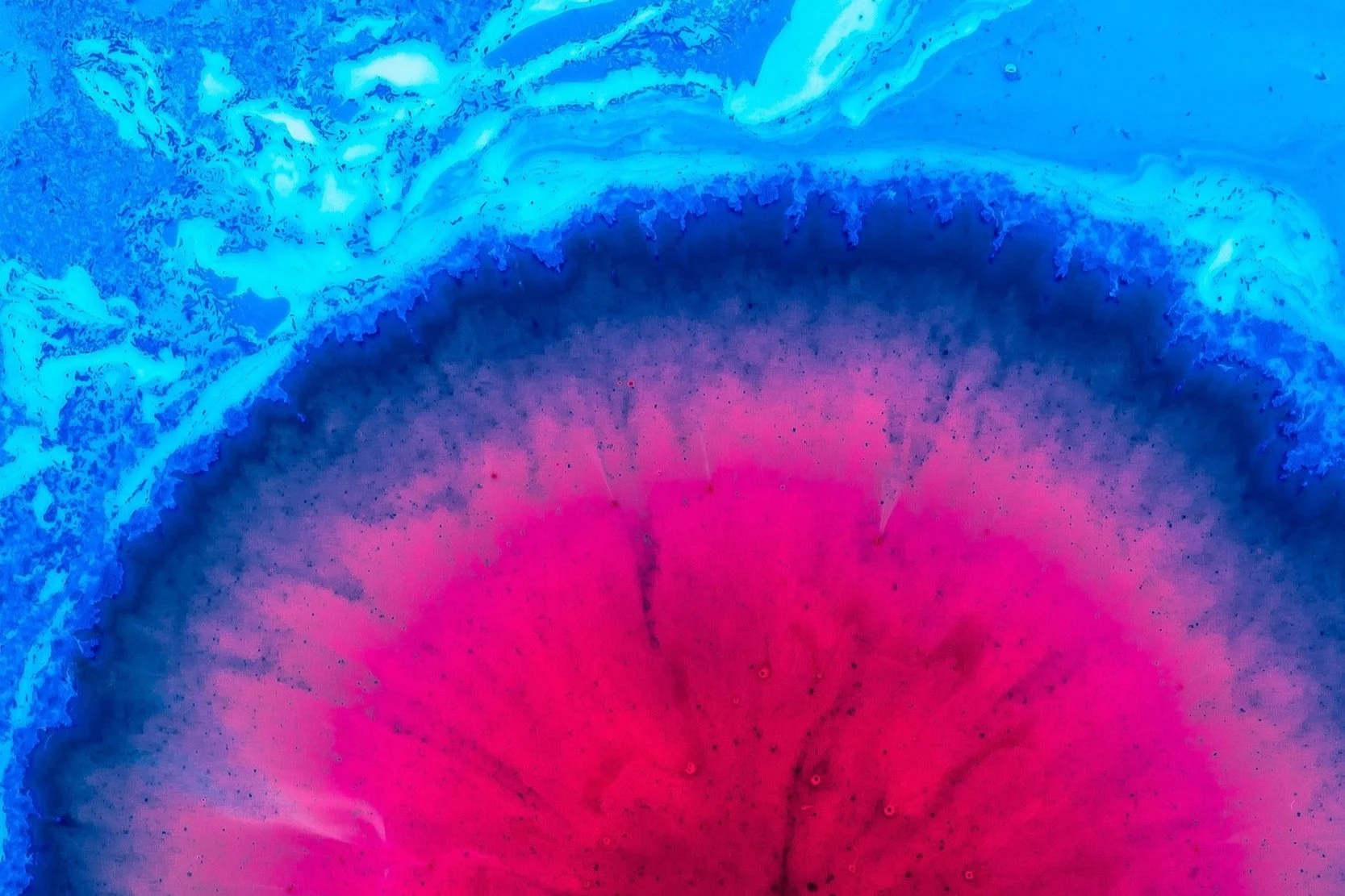Water and fire in our bodies: Menopause and its many symptoms
Chinese Medicine has a long history of treating hot flushes, but how does it view it? One of the most central concepts of Chinese Medicine is Yin and Yang. Yin is cooling, nourishing and female, whereas Yang is warming, stimulating and energetically male. Yin can be thought of as the water of the body and Yang as the fire. Chinese Medicine believes that keeping these two halves of a whole in balance leads to and provides good health.
Menopause in Chinese Medicine is generally considered a Yin/Yang disorder. Ageing in general naturally depletes Yin, but menopause (and in particular medically-induced or early menopause) brings about a sudden shift in this Yin/Yang balance, which can cause a whole range of uncomfortable symptoms. When menopause comes, we lose some of our Yin fluid in the body and Yang can take over and/or become unstable.
There are many differing types of menopausal disorders in Chinese Medicine, all relating to differing aspects of this Yin/Yang balance. Some symptoms such as vaginal dryness, dry skin, joint aches and emotional instability are related to the Yin being deficient and the Yang drying up the fluids. Other symptoms such as hot flushes, irritability, redness, anger and headaches are where the Yang becomes unstable; there is no longer enough Yin/water to anchor the Yang and so like fire, it goes up.
It is for these reasons that we take a detailed history in a Chinese Medicine consult of all your menopausal symptoms and it’s also why everyone's treatment is generally different, with different acupuncture points selected based on whether we are trying to nourish the Yin or subdue the Yang, or both.
Our acupuncturist, Meshelle Bell, can work with you to manage menopausal symptoms and symptoms related to breast cancer treatment.

